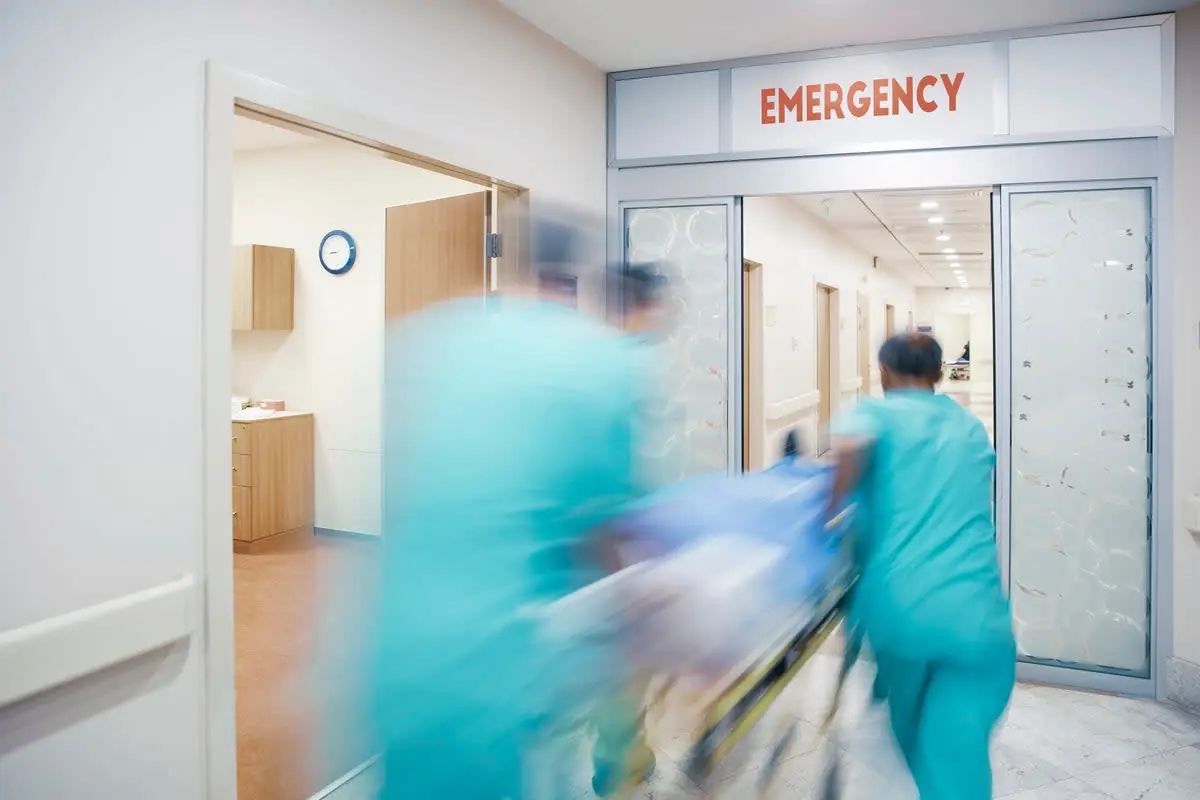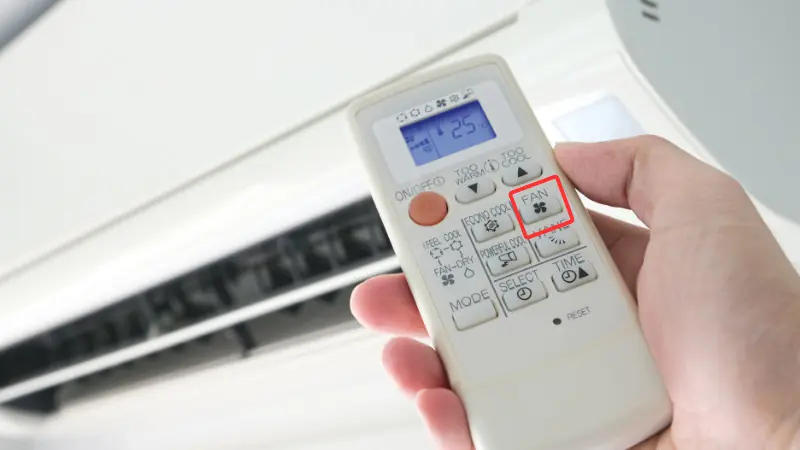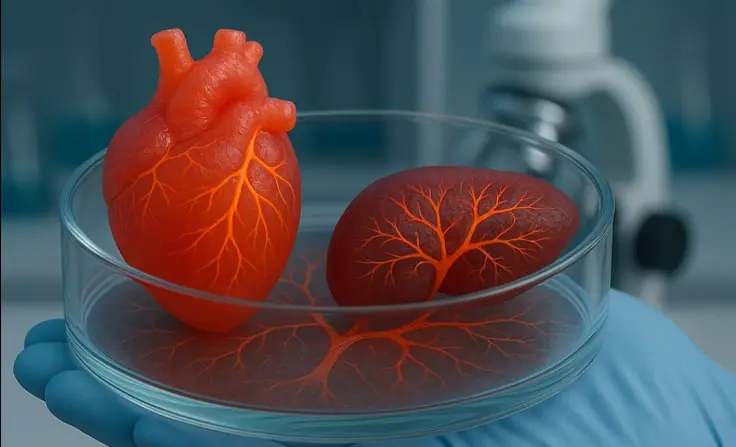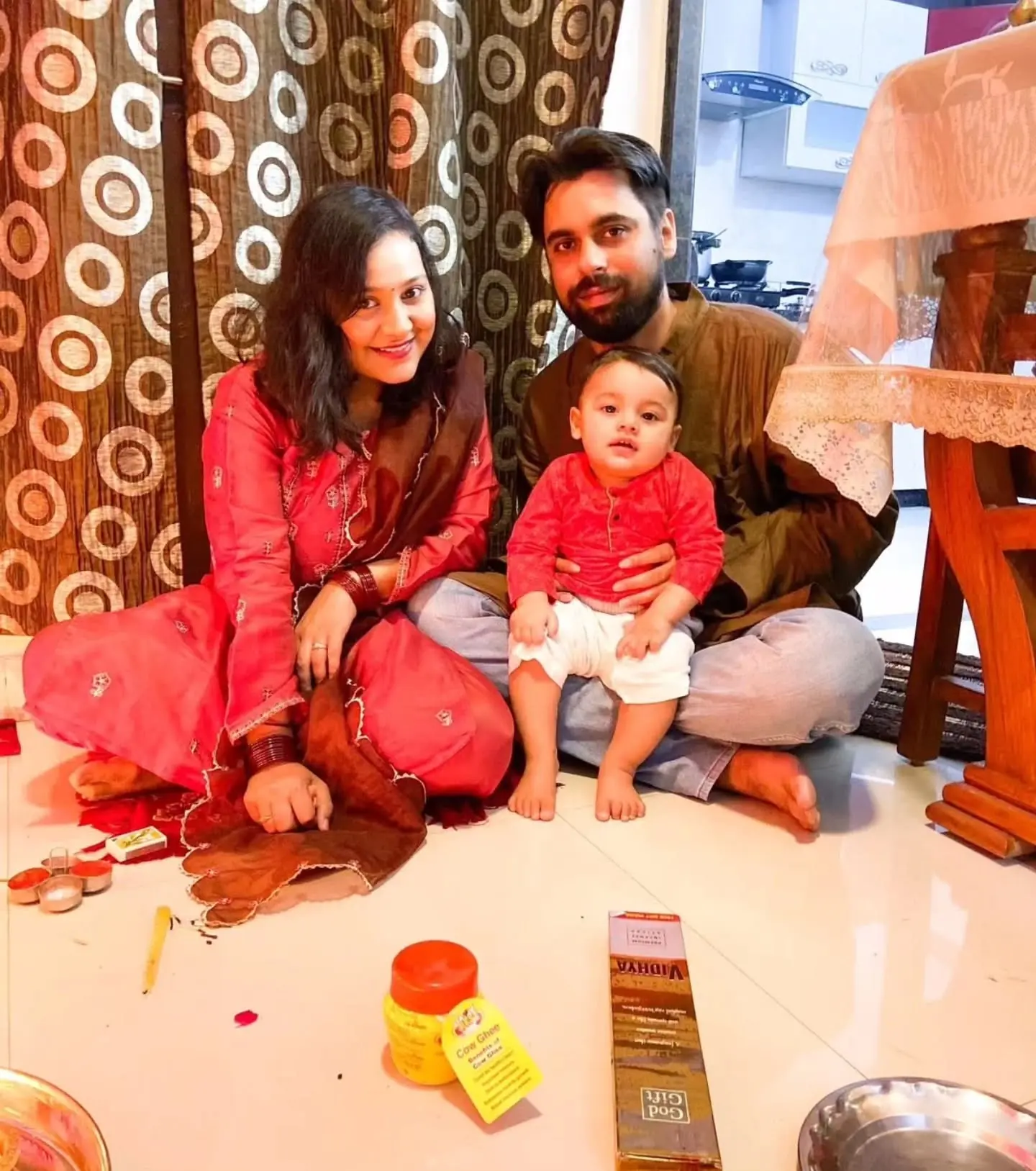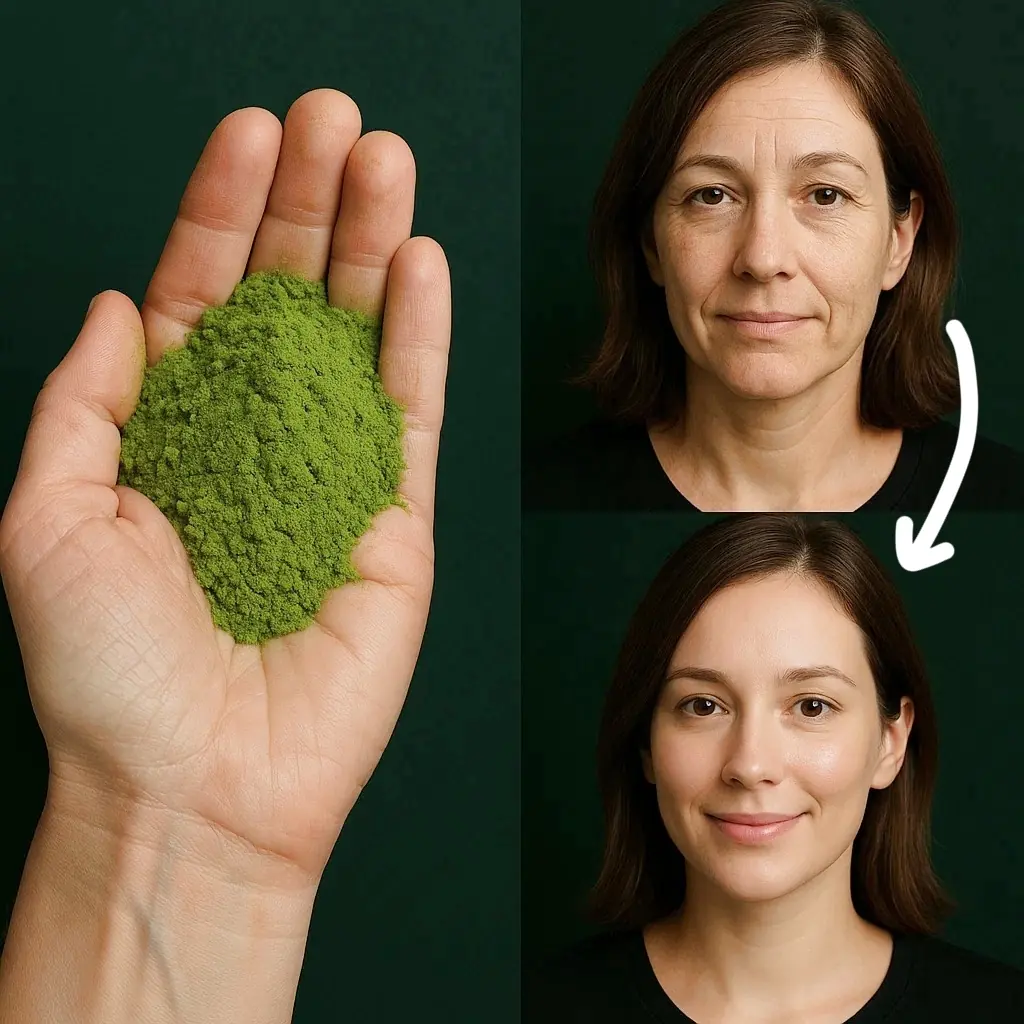Blood tests are an essential part of health check-ups, but it’s important to follow specific guidelines to ensure the most accurate results. Here are some key things to keep in mind before your next blood test:
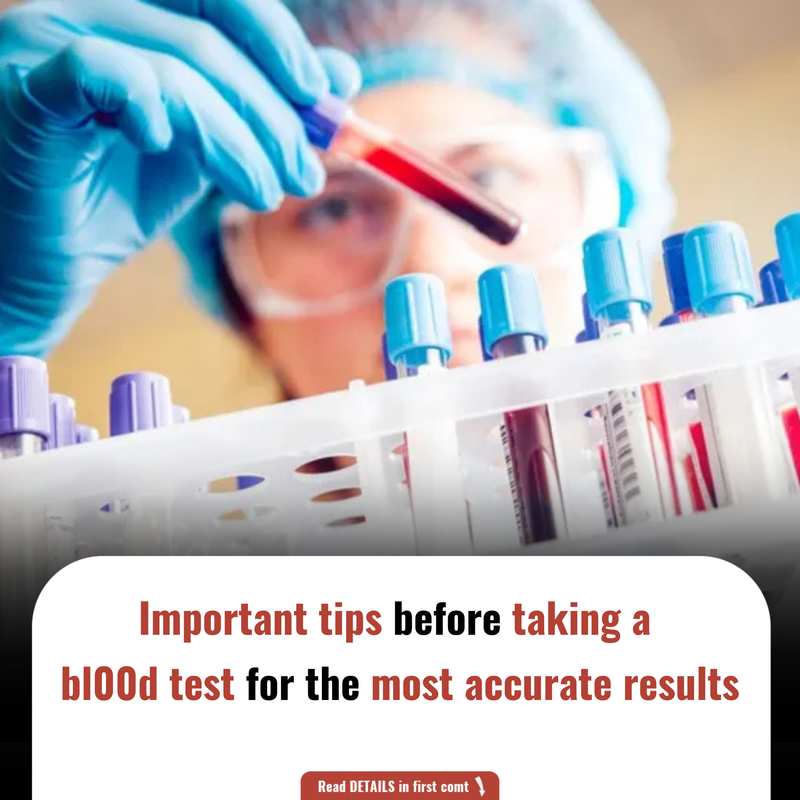
✅ Blood Tests That Don’t Require Fasting
Some blood tests do not require fasting beforehand, including:
-
Blood Type Test: No need to fast.
-
Complete Blood Count (CBC): Not affected by food intake.
-
Hepatitis A, B, C Tests: No fasting required.
-
HIV and STD Tests: No fasting required.
-
Cancer Screening: No fasting needed.
-
Pregnancy-related Tests: Do not require fasting.
-
Parasite Tests: No need to fast.
However, it's best to avoid spicy foods and stimulants before the test. You can drink water before the test, but avoid chewing gum and exercising, as they can affect the results.
⏳ Blood Tests That Require Fasting
Certain blood tests require you to fast for 8–12 hours before the procedure to ensure accurate results:
-
Liver Function Tests: To evaluate liver health.
-
Kidney Function Tests: To assess kidney function.
-
Blood Sugar Levels: To measure glucose levels in the blood.
-
Cholesterol Levels: To measure fats in the blood.
-
Iron Level Tests: To check for iron deficiencies.
-
Platelet Aggregation Tests: To assess blood clotting.
Fasting helps prevent food from altering the components in the blood, ensuring more accurate results.
🛑 Things to Avoid Before Blood Tests
-
Avoid caffeine, alcohol, smoking, chewing gum, and stimulants: These can influence the results of your blood test.
-
Do not take medications on your own without a doctor’s guidance: Certain medications can affect blood test outcomes.
-
Avoid eating foods that could alter your blood markers: Foods high in fats, sugar, or processed foods may impact blood sugar, cholesterol, and fat levels.
-
Avoid intense exercise before the test: Vigorous physical activity can temporarily alter some blood markers.
⏰ Best Time to Take a Blood Test
The best time to take a blood test is in the morning after a night of fasting. This ensures that blood markers are stable and not affected by food, activity, or medications. Testing in the afternoon may cause fatigue due to fasting for 8-12 hours.
🩺 The Importance of Blood Tests
Blood tests help detect early signs of conditions such as blood disorders, liver or kidney disease, diabetes, heart disease, and more. Regular blood tests allow doctors to make accurate diagnoses and provide timely treatment options.
For personalized advice on specific tests or preparation before a blood test, consult with a healthcare provider to ensure accurate results and safety for your health.






